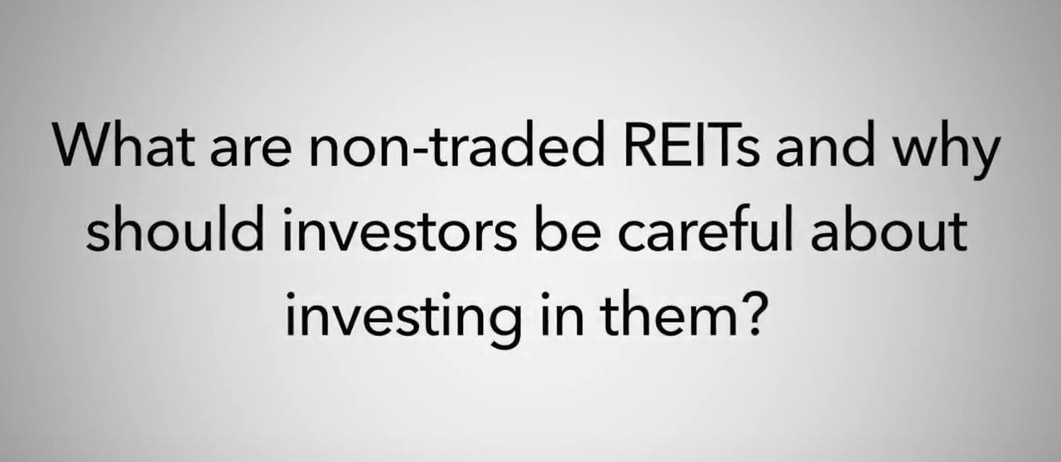Ponzi Schemes, Private Placements and Pickpockets
Hundreds of millions of dollars have flowed out of Capital Region households
in the past decade for investment into private placement investments. So, what is a private
placement investment, anyway? Private placements are investments which claim exemption from the
registration requirements of the federal securities laws, thereby bypassing the more rigorous, legal,
financial, accounting, and regulatory scheme which registered securities are otherwise subject to by
law. This lack of scrutiny can, in turn, provide a perfect opportunity for an unscrupulous peddler
of these investments to generate hefty fees, commissions, and other compensation, while recklessly
investing entrusted monies, without regard to the more prudent and structural guidelines associated with
registered securities.
Private placements typically come with a private placement memorandum,
including a subscription agreement and an accredited investor questionnaire, which are supposed to be
presented to investors prior to making their investments. While these written proposals might look
official and legitimate, all on nice printed forms and booklets, investor monies may be wholly subject
to the whims of one or two individuals who manage the private placement, without any meaningful
accountability. Further, many private placement deals usually come with no independent financial
backing, professional liability insurance, fidelity bonding coverage, or any other financial recourse in
case the investment fails, or in the event of fraud.
The Capital Region has also seen a number of financial advisors and
insurance agents, who have loose affiliations with brokerage firms and insurance companies, busy selling
dubious life insurance, life settlement, and viatical contracts. These dubious products, which are
essentially a form of gambling on the death of a third-party stranger, are fraught with numerous
shortcomings, including illiquidity, non-legitimate oversight, sketchy actuarial assumptions, insolvent
vendors, and custodians in distant states. Largely unregulated sales and underwriting activities,
coupled with the simple fact that there is no resale market for individuals seeking to sell these
products, is a recipe for disaster. Oftentimes, life settlement and viatical contracts are peddled
through various networks, including affinity groups, faith-based groups and ministries,
improperly-supervised insurance agents, and sketchy brokers, oftentimes being sold off the books through
what is known as “selling away.”
A common trick played in selling private placements is persuading
unsophisticated, inexperienced, and unaccredited investors to part with their hard-earned savings by
deliberately falsifying the accredited investor questionnaire or perhaps presenting only the signature
page to the unwitting and trusting investor. The typical private placement investment requires
that an accredited investor be one who either has a net worth in excess of one million dollars,
exclusive of personal residence, or an individual who has made over $200,000.00 in income each year in
the past two years. These accredited investor requirements, usually attested to by checkmarks made
in a number of boxes on the accredited investor questionnaire, have a funny way of ending up as
improperly checked for many investors. Unscrupulous brokers routinely fudge these check boxes on
the accredited investor questionnaire to improperly indicate that an investor is accredited, when in
fact they are not.
Private placements are not subject to the accounting requirements and
guidelines of the Sarbanes-Oxley securities reform legislation of 2002 and are rarely passed upon in any
in-depth, meaningful fashion by the State of New York or the Securities Exchange Commission, even though
there are certain minimal filing requirements for most private-placement-type investments under state
and federal law. Quite simply, they lack transparency.
While the New York State Attorney General’s Office has its own Bureau of
Investor Protection, this office routinely declines to investigate the complaints of private placement
investors who feel that they have been duped. Likewise, the Securities and Exchange Commission
also routinely declines to make detailed inquiry associated with private placement complaints and is
simply too understaffed to address each and every complaint involving private placement investments.
As many unwitting investors have learned, private placement investments are
illiquid, which means that in all likelihood you will not be able to withdraw your original, invested
monies on demand. Private placement sales tactics often include rosy and optimistic verbal
pitches, including generous and guaranteed returns on untried, unproven, and speculative ventures.
Private placement victimization schemes tend to run in cycles with the economy and often coincide with
trendy emerging industries and technologies. Vendors of private placements oftentimes employ the
same sales pitches – hush-hush exclusivity, limited availability, a once-in-a-lifetime opportunity, and
a guarantee to beat the returns associated with stocks, bonds, mutual funds, and C.D.s.
The lion’s share of private placements peddled in the Capital Region in the
past decade has involved vague, ill-defined, and sketchy business purposes and models and in many
instances amounting to a blank check. Monies have wound up in such open-ended and dubious deals
such as sex-themed cruises staffed with prostitutes, failing clothing stores, bad movies, pipe-dream
hotel and resort ventures, oil- and gas-drilling projects, ATM machine schemes, and bogus hedge
funds. More disturbingly, a number of different private placements promoted by one notorious
brokerage firm, which touted itself as an “investment broker,” ended up being largely invested in each
other’s purportedly legitimate deals, in tail-chasing fashion.
The few truly successful private placement opportunities tend to involve
small groups of well-heeled and like-minded business people with hands-on experience of the underlying
business opportunity, who share a sink-or-swim attitude towards the project. When one takes into
account all of the management fees, commissions, salaries, perks, benefits, and administrative fees and
costs, most private placement deals geared towards a more passive, retail-type customer are doomed from
the start. In the final analysis, poorly managed, excessive, cost-laden and doomed-for-failure
private placements are peddled by hucksters who will ultimately hide behind the small print when
ill-conceived private placement deals blow up. While private placements still play an important
role in capital-raising for focused, legitimate, industry-specific business models having credible
growth and cash flows, this is the exception in a shadow industry known for scams.
The Financial Industry Regulatory Authority (FINRA), a self-regulatory
agency responsible in large part for the oversight of sellers of private placement investments, has
issued a number of guidelines and requirements for private placement brokers and has also issued a
number of investor alerts designed to protect trusting investors from private placement scams.
Unfortunately, there are a number of shady private placement promoters who operate outside the FINRA
rules, utilizing unlicensed brokers and unregistered firms who claim they are not subject to FINRA
jurisdiction.
While underwriters/sellers of private placements in New York State are
required to make filings with the New York State Department of Law, Investor Protection Bureau, or their
Real Estate Finance Bureau in the case of real-estate-based private placements, such filings do not mean
that the private placements have been approved by the state of New York as relates to the legitimacy of
their business purpose, accounting, bookkeeping, etc..
The best rule of thumb for the average individual investor? – If you can’t
look up the daily market value of an investment in the Wall Street Journal or some other
reliable published source, you are probably better off avoiding it.
More Videos
Have a Question?
Quick Contact
"*" indicates required fields
Recent
Blog Posts
- Securities Litigation
- Securities Brokerage Mediation
- Transfer on Death (TOD) and Death Beneficiary Accounts and the Perils of DIY Estate Planning
- A Successful Will Contest
- SEC Issues Required Investor Disclosures for Variable Annuities and Variable Life Insurance Contracts












